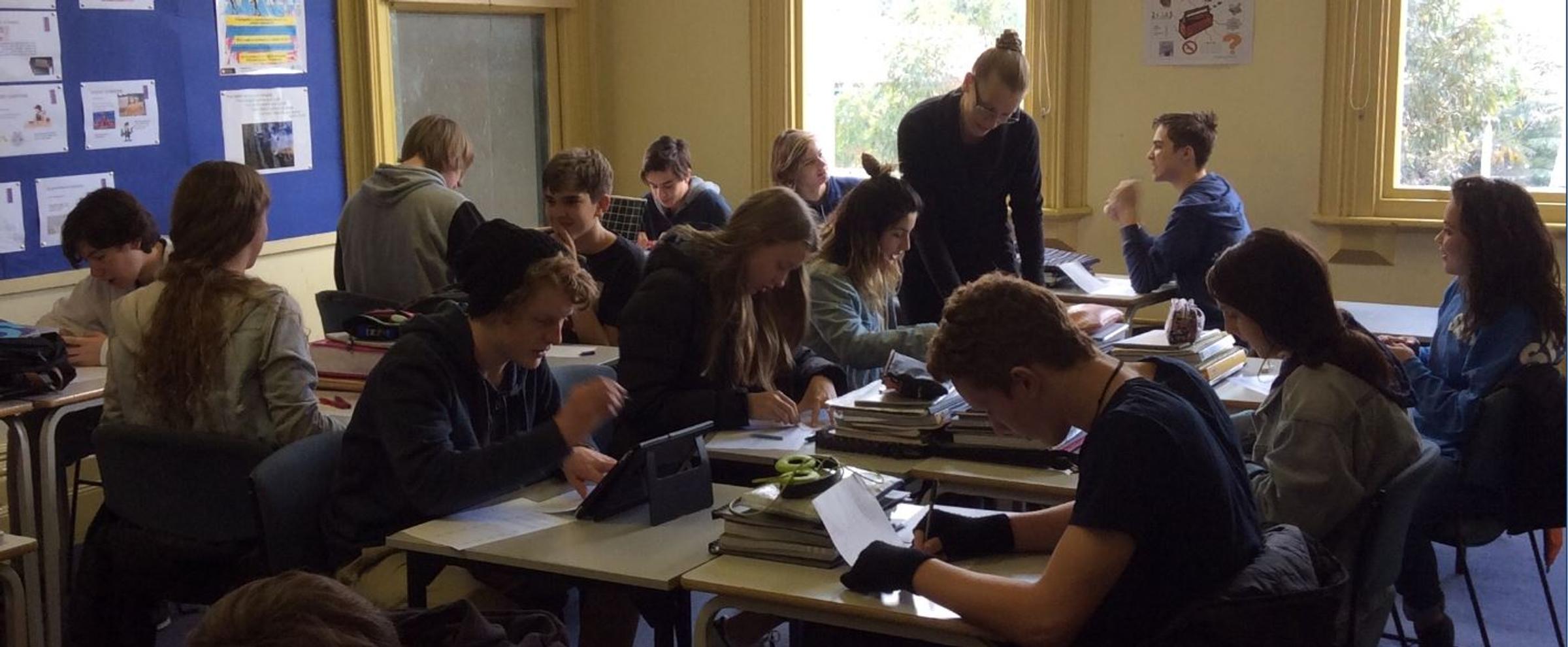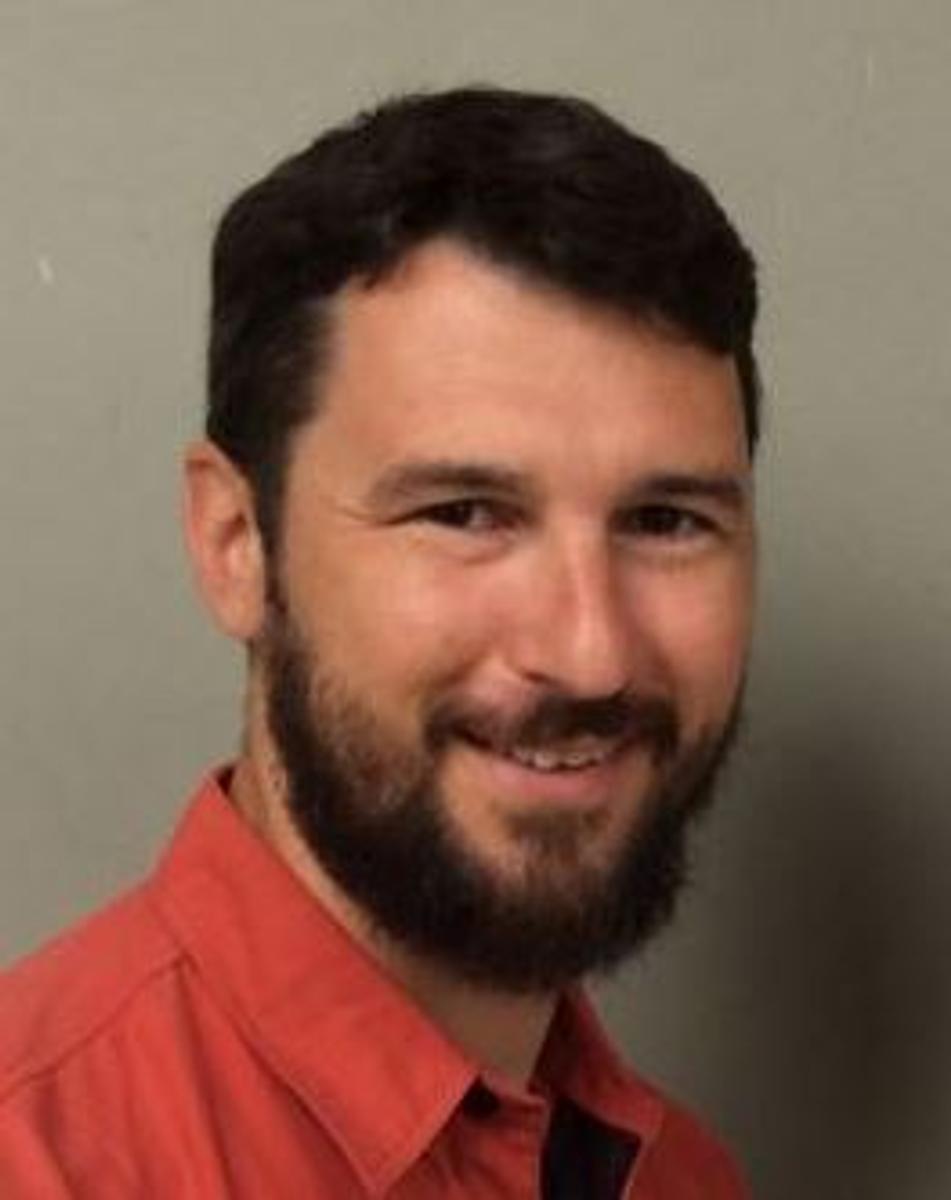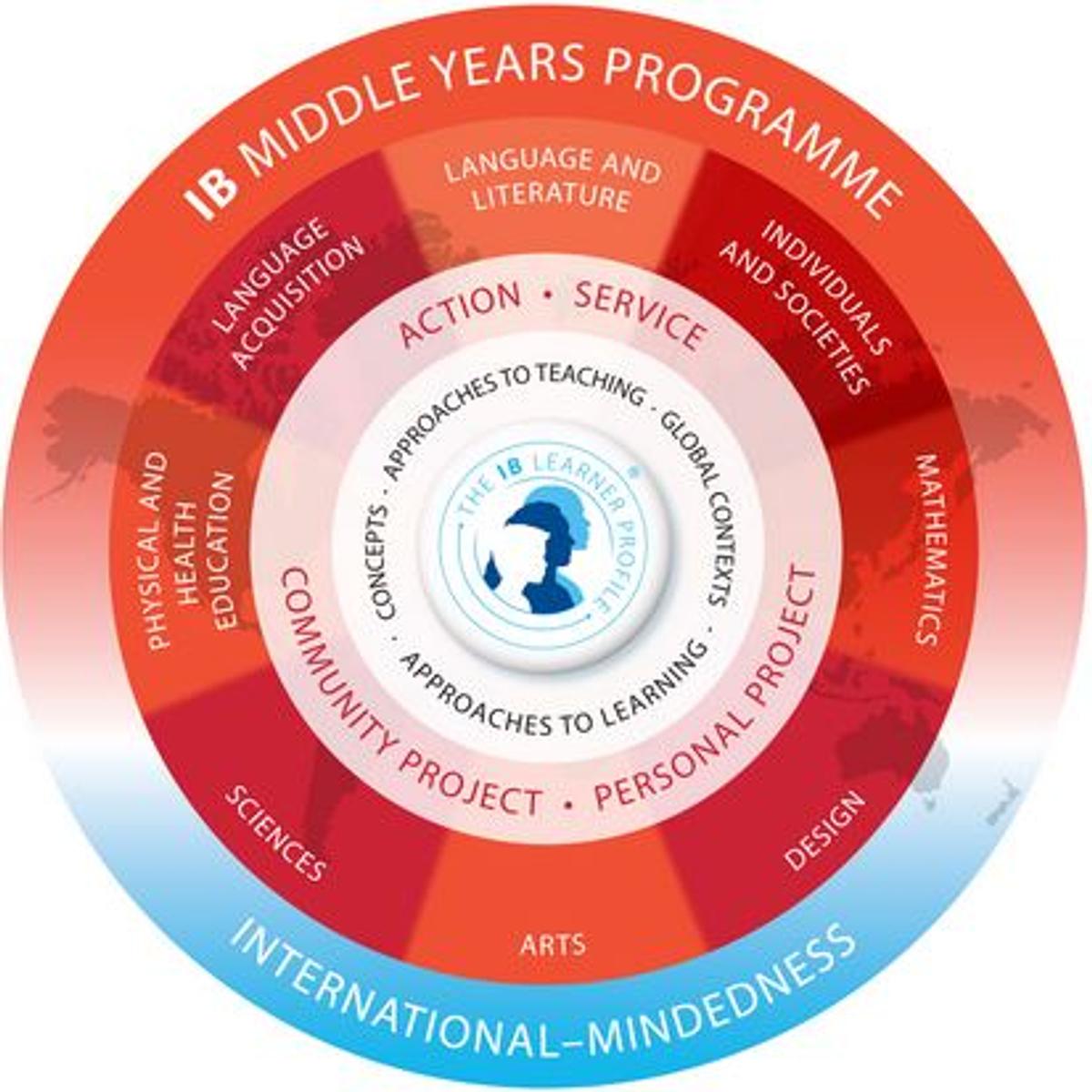IB Middle Years Programme

How are we preparing our students for success in the IB Diploma*?
by Anthony Cavagna, MYP Coordinator
As we head towards the beginning of the IB Diploma Programme (DP)* for our current Year 10 students, it brings the Middle Years Programme (MYP) curriculum into sharp focus.
The MYP aims to do more than other curricula by developing inquiring, knowledgeable and caring young people who are motivated to learn. At Preshil, we strive to develop students who will build a better world through intercultural understanding and respect. The units that our MYP students engage in throughout the year are designed by teachers to encourage all ages to think critically, challenge assumptions and consider both local and global contexts.
Quality practice
The MYP incorporates quality practice from national and international research and the IB global community. We encourage students to be internationally-minded, within a complex and hyper-connected world. Several of our staff attended professional development during the Term 1 holidays in Sydney, in both the DP and the MYP, in order to deepen their understanding of the IB programmes and their own practice. This was an inspiring opportunity and highlighted the importance of developing our MYP students in readiness for the demands and expectations of the DP. The constant reflection on teaching and learning and the quality of our curriculum planning is an important feature regularly attended to by our dedicated MYP staff through their collaborative planning.
The Approaches to Learning skills
Through Approaches to Learning in IB programmes, students develop skills that have relevance across the curriculum and help them 'learn how to learn'. Approaches To Learning (ATL) skills can be learned and taught, improved with practice and developed incrementally. They provide a solid foundation for learning independently and with others. ATL skills help students prepare for, and demonstrate learning through, meaningful assessment. Whilst the IB does not require these to be explicitly reported on, they provide a common language that students and teachers can use to reflect on and articulate the process of learning.
At Preshil, these Approaches to Learning are most powerful when teachers plan and students engage with them in connection with significant and relevant content knowledge in order to develop transferable understanding through the units they engage with on a daily basis. These are defined as:
- Communication; involving the skills of exchanging thoughts, messages and information effectively through interaction, reading, writing and using language to gather and communicate information
- Social; including the skills of collaboration by working effectively with others
- Self-Management; focused on developing the organisation skills to manage time and tasks effectively, effective skills by managing one’s state of mind through mindfulness, perseverance, emotional management, self-motivation, resilience and reflection, by considering and re-considering what has been learned and choosing and applying appropriate ATL skills
- Research; through information literacy by finding, interpreting, judging and creating information, and media literacy by interacting with media to use and create ideas and information
- Thinking; engaging in critical thinking by analysing and evaluating issues and ideas, creativity and innovation by exploring the skills of invention – developing things and ideas that never existed before, and transfer skills by utilising skills and knowledge in multiple contexts.
Developing student responsibility for ATL
Some of the key questions to be answered by students with respect to ATL skills include:
- What are my present skills in this area and what evidence do I have of my development?
- What skills can I improve?
- What new skills can I learn?
When specific ATL skills become an explicit focus for teaching and learning, students can begin to take responsibility for their own development. Over time, students can identify themselves and their own development of these skills when they:
o are introduced to the skill and can watch others performing it;
o copy others who use the skill and use the skill with scaffolding and guidance;
o employ the skill confidently and effectively; or
o can show others how to use the skill and accurately assess how effectively the skill is used.
A concept-based curriculum that uses ATL skills effectively enables all students to become stronger, more self-regulated learners. These are important aspects of the daily learning that takes place at our Secondary School and are the present focus of study and research by our staff as we prepare to implement the DP at Preshil.
* Preshil is a candidate school for the IB Diploma Programme.


